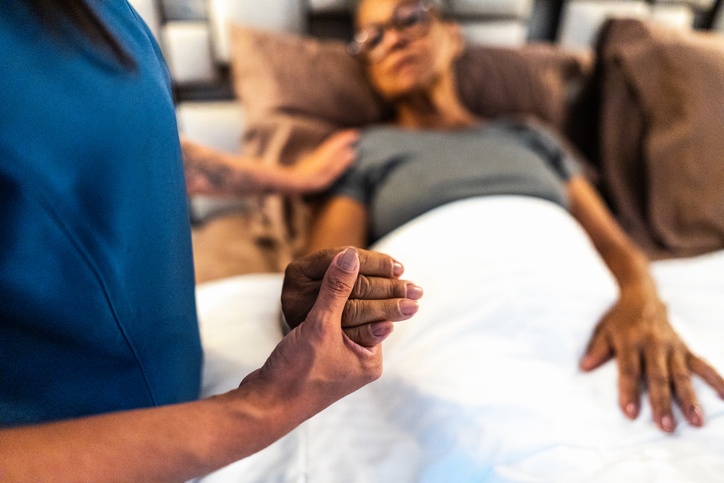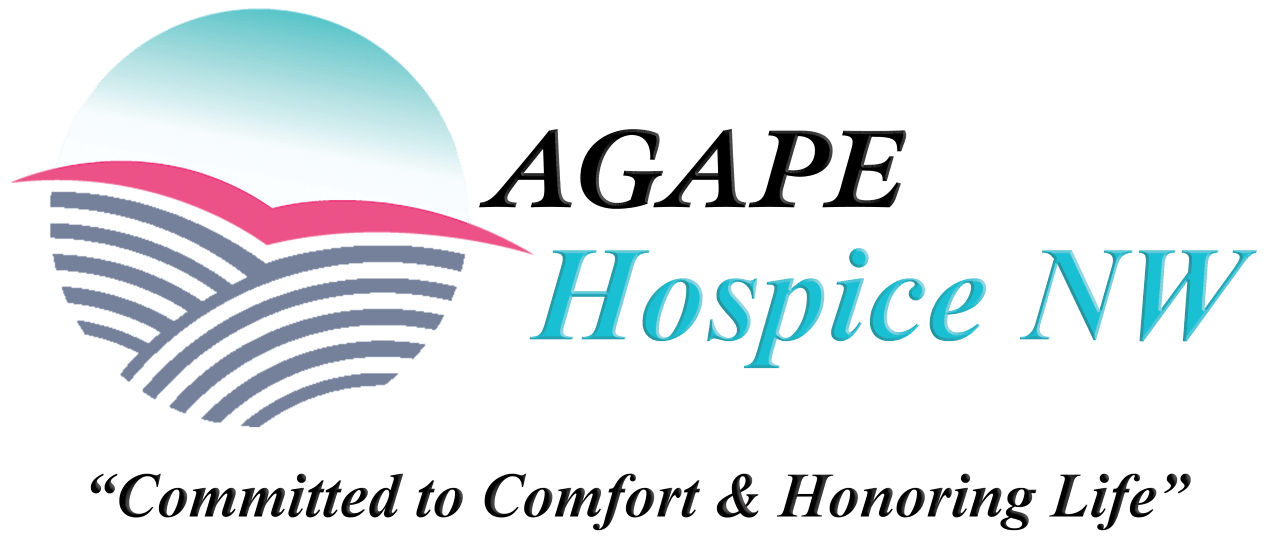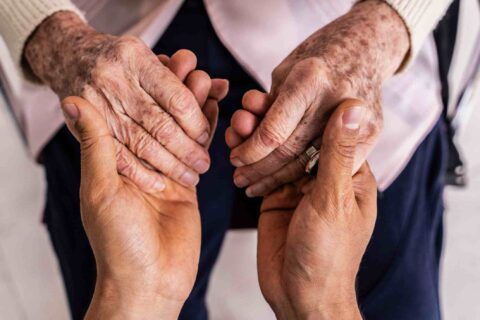The Importance of Providing Culturally Sensitive Hospice Care
Culturally Sensitive Hospice Care for Diverse Communities
There are some life experiences that should always be customized to the specific person, and entering hospice care is one of them. It’s a deeply personal experience, and this type of care should be designed to provide comfort and specialized support. For patients and families from diverse cultural backgrounds, hospice must reflect their unique needs. At Agape Hospice NW, we’re committed to offering hospice care for diverse communities in Portland, OR. Learn more about cultural hospice care and why it’s so important.

Why Is Cultural Sensitivity Important in Hospice?
While hospice care is about managing physical symptoms and keeping people comfortable, it goes far beyond that as well. The best hospice providers also offer emotional, spiritual, and social support for patients and their loved ones. Cultural sensitivity is just one of the ways our professionals create a safe, welcoming environment for everyone. Accounting for diversity goes a long way to fostering authentic relationships and may help relieve anxiety during an already challenging time. It leads to personalized care plans, ensures respect for traditions, and enables patients and families to feel truly seen and cared for.
Hospice Care and Cultural Diversity: What We Consider
Every culture approach end-of-life care differently. While it’s impossible to generalize every practice, here are some common areas we consider when balancing hospice care and cultural diversity:
- Communication Styles—Some cultures prefer open and direct conversations about death, while others shy away from discussing terminal diagnoses.
- Religious Beliefs—Faith-based traditions play a significant role in the end-of-life process. For example, Catholics may request Last Rites, while Buddhists may prefer silence to encourage a peaceful passing.
- The Role of Family—Certain communities prioritize collective family decision-making in care discussions rather than leaving decisions solely to medical professionals or patients.
Our Best Practices for Culturally Sensitive Care
No two patients are exactly alike, even if they share similar cultural beliefs. With this in mind, we tailor pastoral care services to meet diverse cultural expectations. Here are the fundamentals of our approach:
- Active Listening—Our team is here to provide space for patients and families to share their cultural values. We might ask questions to learn more about your traditions and how we can help.
- Customized Care Plans—Once we understand your loved one’s cultural needs, we can incorporate them into a care plan. This might mean leaving space for traditional healing practices or respecting specific family rituals.
- Partnering With Families—Families play a major role in end-of-life care in countless cultures. We strive to respect family decisions and work to build trust.
- Trust Building—Too often, underrepresented communities face bias or inequities in the medical field. We aim to be transparent and communicate effectively to create a trusting environment in hospice.
Staying Up to Date with Training
Delivering cultural hospice care requires continuous education and self-awareness. At Agape Hospice NW, we prioritize ongoing education and cultural sensitivity training to promote the best experience for all. Our team is trained to spot cultural nuances, manage implicit bias, and adapt services to reflect a patient’s best interests.
Overcoming Barriers to Cultural Hospice Care
The need for cultural sensitivity in hospice care is clear, but there are still barriers to providing care to diverse communities. Sometimes, language barriers create a problem. Miscommunication is common, and implicit bias can cause providers to make faulty decisions. Still today, many communities deal with systemic inequalities that limit access to services like hospice. Despite these challenges, Agape Hospice NW works to create an equitable, welcoming environment for people of all cultural backgrounds. We’re always striving to reduce the impact of these barriers on our patients.
Cultural Hospice Care: Frequently Asked Questions
Navigating cultural needs and palliative care at the same time is no easy task. Don’t hesitate to reach out to our team with questions or check out our FAQs to learn more about our approach:
Why Is Cultural Competence Important in End-of-Life Care?
Cultural competence helps ensure patients receive care that respects their identity and values. This practice goes a long way toward building trust and supporting families during vulnerable times.
How Do Hospice Teams Handle Different Cultural Beliefs?
In short, hospice teams work closely with patients and families to accommodate religious practices, traditions, and preferences.
How Do You Deliver Culturally Appropriate Care?
Our team participates in ongoing training and takes advantage of local resources to provide the best possible care. For example, we might reach out to language interpreters or implement cultural questionnaires.
Compassionate Care Starts with Cultural Awareness
Culturally sensitive hospice care is the best way to ensure dignity and respect for every patient and their family. The team at Agape Hospice NW is invested in helping diverse communities in Portland OR, take full advantage of in-home hospice services. If you’re considering hospice for a loved one, don’t shy away because of cultural differences. Get in touch with us to discuss your unique needs.


